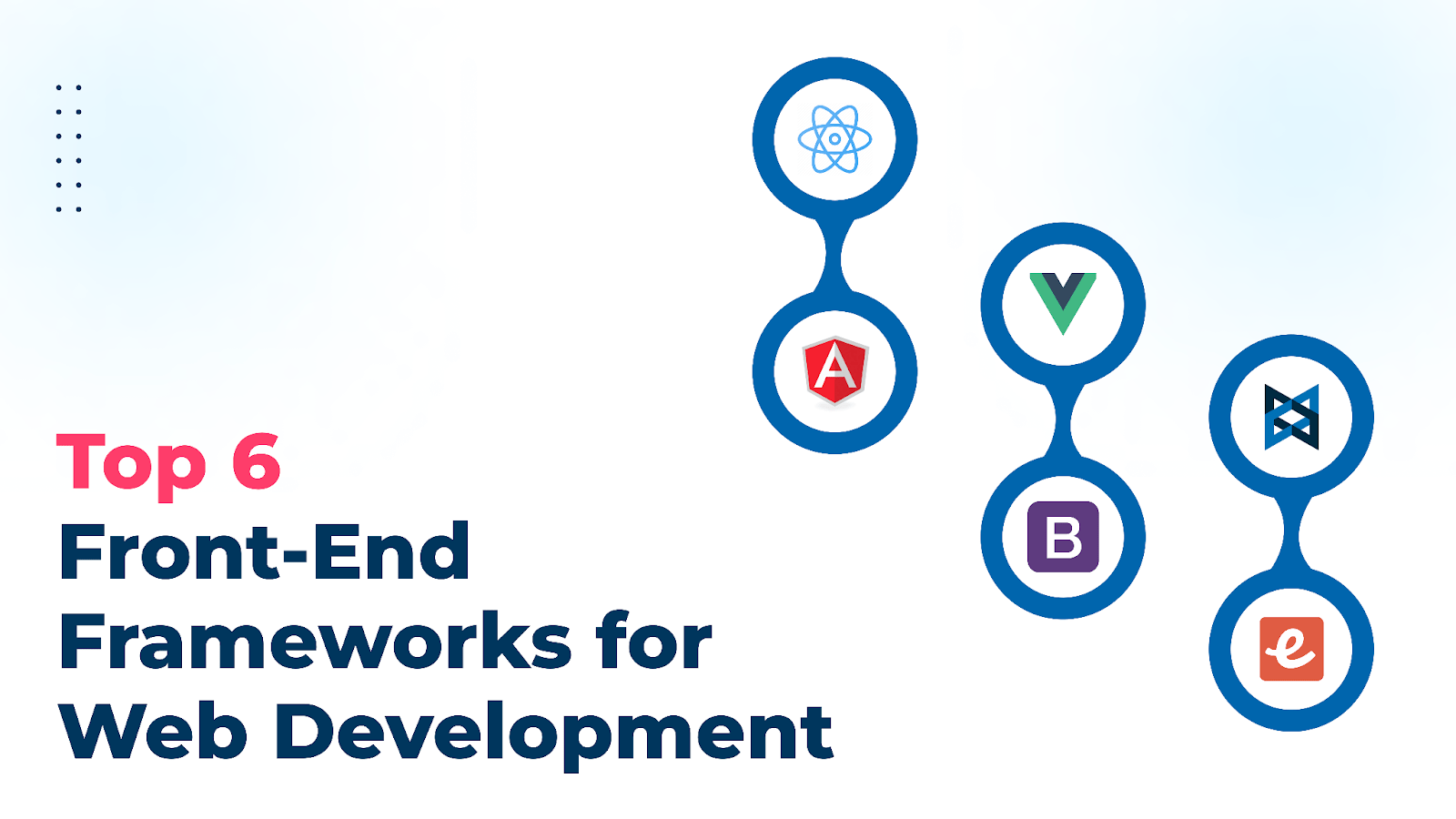Small businesses don’t have the time or money to dedicate to infrastructure maintenance when they could be building and growing instead. Web server fees, hosting, programming, and design are simply too expensive for most firms to pay at first, and there is a better long-term option to be made.
As a result, a SaaS (Software as Service) eCommerce platform is the ideal option for the great majority of enterprises. The eCommerce software development companies handles all of the technical aspects, leaving you free to focus on your business. In many cases, PCI compliance and assistance are also offered.
SaaS is the way to go if you want to launch a business rapidly and for a low cost.
Starting Your Own Ecommerce Company
So, now that you’ve gathered all of this data, what will you do with it? Hopefully, you’re more secure in your understanding of how eCommerce works, and you’ve taken another step toward launching your own company.
To get started, you’ll need a few items. Making a business strategy is crucial, but in this post we’ll focus on the more fundamental parts, which may be summarised in the following principles.
What You’ll Need to Get Your Business Off the Ground
Although eCommerce is complex, with a variety of alternative business models and other options, as previously noted, every eCommerce firm is built on these three principles at its foundation.
1. Product
Whatever method you use to obtain your products, you must first determine exactly what you want to sell. What are your interests and passions? In numerous respects, selling things in a field in which you have a genuine interest will make your job easier.
To begin with, you’re more likely to appreciate what you’re doing, which will show to your consumers.
You’ll also establish authority in your niche faster because generating blogs and website material about your items and services will be easy. You’ll also be able to use your prior product expertise to gain an advantage over the competitors.
If you have a lot of knowledge about the things you want to sell, your expertise can be part of your unique value proposition, the particular trait that sets your company apart.
2. Website
SaaS makes it simple to set up an eCommerce website. To make the best selection, you’ll need to compare a few different eCommerce platforms, but at least you can restrict it down to solely SaaS solutions.
Then consider pricing, theme design options, simplicity of use, support options, and, most importantly, features. Take some time to study about eCommerce features and the tools that your ecommerce startup will require.
Let’s look at the needs of your customers to summarise a few of the most crucial characteristics for your eCommerce store:
- A convenient buying experience
- Web pages that load quickly
- Checkout is simple.
- Product and category navigation is excellent.
- Product information in great detail
- Product photographs of high quality, as well as the chance to leave a review
- Return, shipping, and privacy procedures are all clearly stated.
- They have the option of saving their shopping cart for later.
- And many more?
Let’s have a look at the types of duties you’ll be doing:
- Inventory control is important.
- Processing of orders
- Keeping track of customers and orders
- Providing assistance to customers
- Returns are handled by refunds, swaps, or store credit.
- Organizing special discount events
- Notifications on the progress of orders are sent automatically.
- Email marketing and social media marketing
- Accounting
- Management of sales taxes
- And many more?
These are all important components for your business, therefore you need an eCommerce platform that provides tools and features for handling them as efficiently as possible and preferably without having to throw a dozen extra-charge apps onto your monthly price.
Payment Methods
If you give your clients the payment alternatives they want, your business will gain more customers and grow quicker. Some types of payments, such as Bitcoin, may only be of interest to or even expected by enterprises in specialised industries.
Other forms of payment, on the other hand, must be accepted by all stores in order to achieve the best outcomes.
Credit cards are still the most popular means of online payment, therefore you’ll at the very least need credit card processing. You should also broaden these possibilities by accepting other forms of payment, such as PayPal.
You might wish to add Amazon Pay, Google Pay, and Apple Pay to your website since they allow customers to pay using their saved data from other platforms like Amazon and Google. Credit card customers also choose digital wallets such as Masterpass and Visa Checkout.
If you’re selling more expensive things, consider using a financing service like Klarna, Bread, or Sezzle. Allowing clients to pay over time encourages them to purchase more, increasing your average order value.
Security
PCI compliance was briefly mentioned earlier as a prerequisite for accepting credit cards online. Make sure this is included in your eCommerce platform so you don’t have to worry about it’s a time-consuming and costly procedure.
Anti-fraud software is also required to protect your company against missing merchandise and chargebacks.
Conclusion
Whatever your business idea is, there’s a suitable business plan, revenue model, and eCommerce platform out there to support it. Choose your eCommerce platform wisely because it will have an impact on your ability to stick to your business plan.
Distinguished.io has listed top ecommerce development companies that provide robust SaaS eCommerce solutions that can support every type of eCommerce business listed in this post if you just want to skip the research and get started right away. It also comes with all of the tools and features you’ll need to provide an excellent shopping experience for your clients and manage a successful business.









